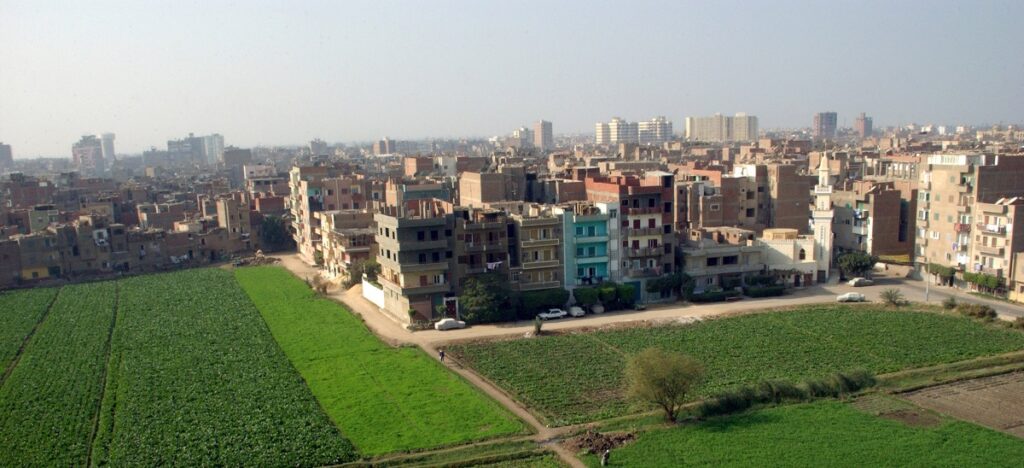The Food and Agriculture Organization of the United Nations (FAO) has officially initiated its Green Cities Initiative in Cameroon, recognizing the pressing need to address urban challenges in the face of rapid global urbanization. With two-thirds of the world’s population projected to reside in cities by 2050, innovative approaches are imperative to ensure the sustainability and well-being of urban populations.
Addressing Urban Challenges
Facing the Frontline: Municipalities and Urban Expectations FAO Director-General, QU Dongyu, underscored the pivotal role of municipalities in meeting citizens’ expectations for improved livelihoods and well-being. From access to nutritious foods to sustainable water and energy sources, municipalities bear the brunt of addressing multifaceted urban challenges, including climate impacts, environmental degradation, waste management, and urban inequality.
Enthusiastic Welcome in Cameroon
Recognizing Urban Growth and Challenges Cameroon’s Minister of Decentralization and Local Development, Georges Elanga Obam, warmly welcomed FAO’s Green Cities Initiative in light of the country’s burgeoning urban population and associated challenges. The Mayor of Yaoundé, Luc Messi Atangana, echoed this sentiment, emphasizing the importance of innovative solutions to urban issues.
Piloting Progress: Yaoundé’s Green Cities Initiative
From Pilot to Progress: Yaoundé 4 District Since March 2023, Yaoundé’s Yaoundé 4 district has served as a pilot site for the Green Cities Initiative, focusing on initiatives such as waste management, composting, and urban agriculture. The success of these endeavors has garnered interest from municipalities across Yaoundé and beyond, with seven additional municipalities formally expressing their intent to join the initiative.
FAO’s Vision for Green Cities
Creating Vibrant, Inclusive Urban Spaces The FAO’s Green Cities Initiative, launched globally in 2020, envisions cities characterized by vibrancy, inclusivity, and sustainability. By leveraging urban green spaces and productive landscapes, the initiative aims to foster climate resilience, social cohesion, and economic prosperity. Bridging the gap between urban and rural areas, as well as between citizens and nature, is fundamental to the initiative’s ethos.
Implementation Strategies
Building Sustainable Urban Systems Drawing on FAO’s expertise in sustainable agriculture, forestry, and food systems, the Green Cities Initiative supports local governments in planning, designing, and implementing innovative green actions. These actions encompass efficient, inclusive, resilient, and sustainable agrifood systems, multifunctional green infrastructure, and natural resource management.
Scaling Impact
Aiming for Global Change With a target to improve the livelihoods and well-being of urban and peri-urban populations in at least 100 cities worldwide by 2030, the Green Cities Initiative aims for widespread impact. By fostering collaboration and innovation, FAO seeks to empower cities to become greener, healthier, and more sustainable, thus paving the way for a brighter urban future.
FAO’s Green Cities Initiative represents a significant step towards addressing the complex challenges posed by urbanization. By fostering collaboration between local governments, communities, and international organizations, this initiative holds the potential to transform cities into thriving, resilient, and inclusive spaces for all.

